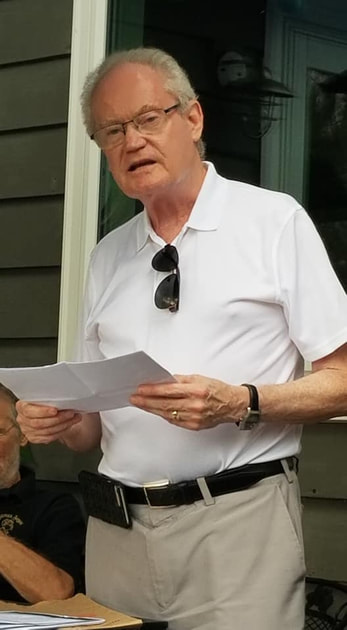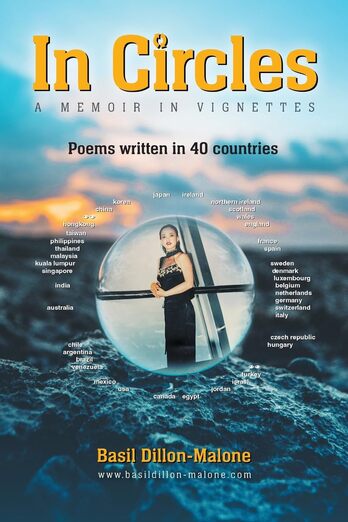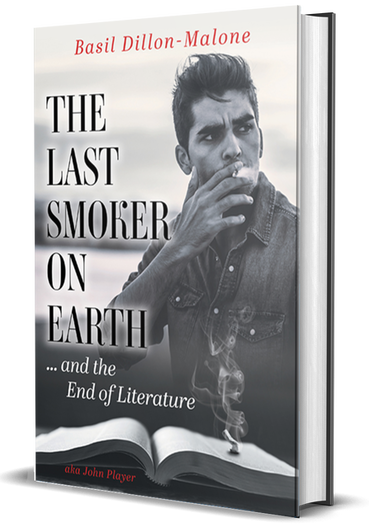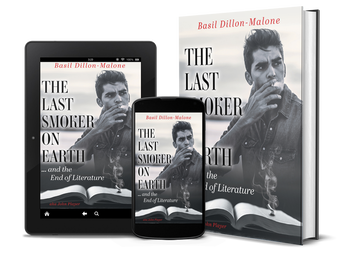OFFICIAL WEBSITE OF
Basil Dillon-Malone
AUTHOR OF
IN CIRCLES &
The Last Smoker on Earth
...and the End of Literature
ABOUT THE AUTHORBasil Dillon-Malone grew up in Ballina, County Mayo in the west of Ireland and graduated in engineering from University College Dublin. Creative writing has been his complementary avocation, cross-trekking six continents in the international cable-telecommunications industry and taking anecdotal notes along the way.
Basil considers himself not a ‘Joycean Scholar’ but in their shared college and cultural heritage, a Joycean Schooler (an appellation Joyce himself might have coined). His poetry collection, 'mcdynasty': from the ming dynasty to 'mcdonald's', was published in 2005 by Lapwing Publications, Belfast. Over the years his technical articles, diversely serious and whimsical literary works have appeared in print in the UK, USA, Canada, Switzerland, India, China and Argentina. He was a speaker at conferences in Montreux, London, Prague, Budapest, Shanghai, Manila, and Mumbai. Indeed, at some of these cable TV conferences he was fortunate to meet a number of celebrities with cameo appearances in The Last Smoker on Earth and the end of literature. He was a back-page correspondent for International Cable Television magazine: 'Travels with Basil' and a columnist for 7 years for International Broadband Library. In the mid-90s he frequently appeared on the Irish Connection Cable TV show. He is a founding member of the Syracuse James Joyce Club. |
LATEST RELEASEA memoir in vignettes (…a short literary sketch or incident…) – is a collection of 90-poems written in 40 countries, containing over 100 images (…which, when combined with text, help to illustrate a story). The poems are in three groupings: Canada; Latin America; and Poems-around-the-Globe. They take place in Europe, Middle East; Oz, Asia, N. America and Latin America.
In Circles borrows from a Joni Mitchell song title, ‘The Circle Game’, ala … we are all going round and round in the circle game – looking for something! |




